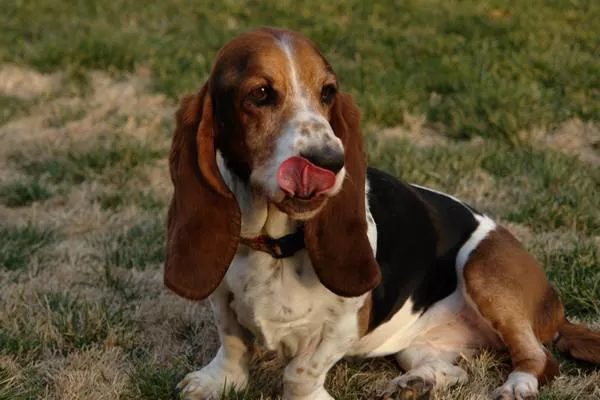Basset Hounds, with their droopy ears and soulful eyes, are beloved companions known for their charming personality. When it comes to their well-being, providing the right nutrition is essential. In this comprehensive guide, we will explore what food is best for a Basset Hound, ensuring they lead a healthy and happy life.
Understanding Your Basset Hound’s Dietary Needs
Basset Hounds have unique dietary requirements that you should consider when choosing the best food for them. Here are some key aspects to keep in mind:
1. Quality Dog Food
Commercial Dog Food: High-quality commercial dog food is designed to provide the essential nutrients your Basset Hound needs. Look for brands that list a named meat source, such as chicken or beef, as the first ingredient.
Breed-Specific Food: Some dog food brands offer breed-specific formulations. These can be a good option as they address the specific needs of Basset Hounds.
Avoid Fillers: Opt for dog foods that minimize fillers like corn, wheat, and soy, which provide limited nutritional value.
2. Protein Content
Moderate Protein: Basset Hounds require moderate levels of protein in their diet to support their muscle development and overall health. Look for dog foods with a protein content of around 18-22%.
3. Healthy Fats
Essential Fatty Acids: Omega-3 and Omega-6 fatty acids are essential for maintaining healthy skin and a shiny coat. Ensure the dog food you choose contains these fatty acids.
4. Carbohydrates
Moderate Carbohydrates: Basset Hounds can benefit from carbohydrates like rice, barley, or oats, but these should be in moderation. Avoid excessive carbohydrates, which can lead to weight gain.
5. Vitamins and Minerals
Balanced Nutrition: Ensure the dog food provides a balanced mix of vitamins and minerals, including calcium for bone health.
6. Age-Appropriate Food
Puppies, adult, and senior Basset Hounds have different nutritional needs. Choose food appropriate for your dog’s age and consult your veterinarian for guidance.
7. Wet vs. Dry Food
Consider your Basset Hound’s preferences and your lifestyle. Wet dog food can be more palatable, while dry dog food can help maintain dental health.
8. Weight Management
Keep an eye on your Basset Hound’s weight. Obesity is a common issue in the breed, so monitor their calorie intake and adjust portions as needed.
9. Food Allergies and Sensitivities
Basset Hounds, like all dogs, can develop food allergies or sensitivities. If you notice any signs of digestive upset or skin issues, consult your veterinarian to rule out food-related problems and explore suitable dietary options.
Conclusion:
In conclusion, providing a well-balanced and nutritious diet is essential for the health and happiness of your Basset Hound. High-quality commercial dog food that meets their specific needs, combined with portion control and a consistent feeding schedule, can help your furry friend thrive.


